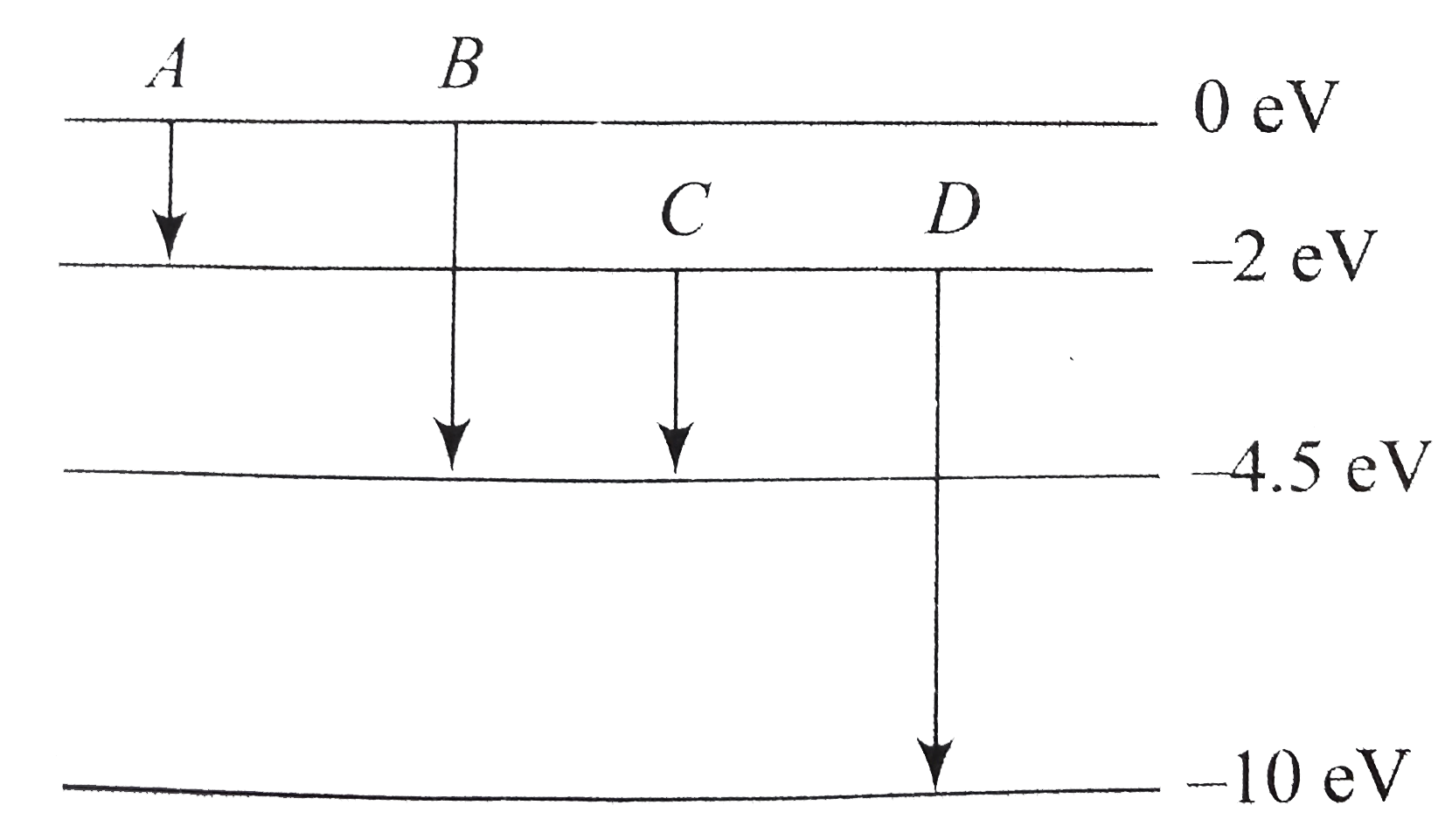Decreased level of ADH results in the prodction of
isotonic urine
hypertonic urine
hypotonic urine
none of these
The correct Answer is:C
To solve the question regarding the effect of decreased levels of ADH (Antidiuretic Hormone) on urine production, we can follow these steps:
1. Understand the Role of ADH:
- ADH is a hormone that regulates water reabsorption in the kidneys. It acts primarily on the collecting ducts of the nephron, making them more permeable to water.
Hint: Remember that ADH helps the body retain water by making kidney tubules more permeable.
2. Identify the Effect of Decreased ADH:
- When the levels of ADH decrease, the collecting ducts become less permeable to water. This means that less water is reabsorbed back into the bloodstream.
Hint: Think about what happens when water cannot be reabsorbed – it stays in the urine.
3. Determine the Concentration of Urine:
- With less water being reabsorbed, the urine that is produced will have a higher water content and lower solute concentration. This results in urine that is more dilute.
Hint: Consider the definitions of isotonic, hypertonic, and hypotonic. Which one describes urine with more water and fewer solutes?
4. Conclude the Type of Urine Produced:
- Since the urine is more dilute due to the decreased reabsorption of water, it is classified as hypotonic urine.
Hint: Recall that hypotonic urine means it has a lower concentration of solutes compared to the blood.
Final Answer:
Decreased levels of ADH result in the production of hypotonic urine.
- ADH is a hormone that regulates water reabsorption in the kidneys. It acts primarily on the collecting ducts of the nephron, making them more permeable to water.
- When the levels of ADH decrease, the collecting ducts become less permeable to water. This means that less water is reabsorbed back into the bloodstream.
- With less water being reabsorbed, the urine that is produced will have a higher water content and lower solute concentration. This results in urine that is more dilute.
- Since the urine is more dilute due to the decreased reabsorption of water, it is classified as hypotonic urine.
Decreased levels of ADH result in the production of hypotonic urine.
Topper's Solved these Questions
- CHEMICAL COORDINATION AND INTEGRATIONBOOK - TRUEMEN BIOLOGY ENGLISHCHAPTER - CHEMICAL COORDINATION AND INTEGRATIONEXERCISE - Multiple choice questions
175 Videos
- KINGDOM FUNGI (KINGDOM MYCOTA)BOOK - TRUEMEN BIOLOGY ENGLISHCHAPTER - KINGDOM FUNGI (KINGDOM MYCOTA)EXERCISE - MULTIPLE CHOICE QUESTIONS
147 Videos
Similar Questions
Knowledge Check
Decreased levels of estrogen is a common cause of
Amyasthenia gravisBtetanyCosteoporosisDgoutA number is incresed by 25% and then decreased by 20%. The result is what percent of original number?
A80B100C105D120
What is the function of ADH?
View SolutionA decrease in the level of estrogen and progesterone causes
View SolutionA is an age related disorder characterised by decrease in bone mass and increased chances of fracture, Decreased level of B a common cause of this disease. Select the option which correctly fill the blanks A and B respectively.
View SolutionIn tetany patients the level of _______ decreases in the extra cellular matrix
View SolutionThe energy levels of an atom are as shown in figure . Which one of those transition will result in the emission of a photon of wavelength 275nm?

View SolutionWhen a diploid female plant is crossed with a tetraploid male, the ploidy level of endosperm cells in the resulting seed is:
View Solution
